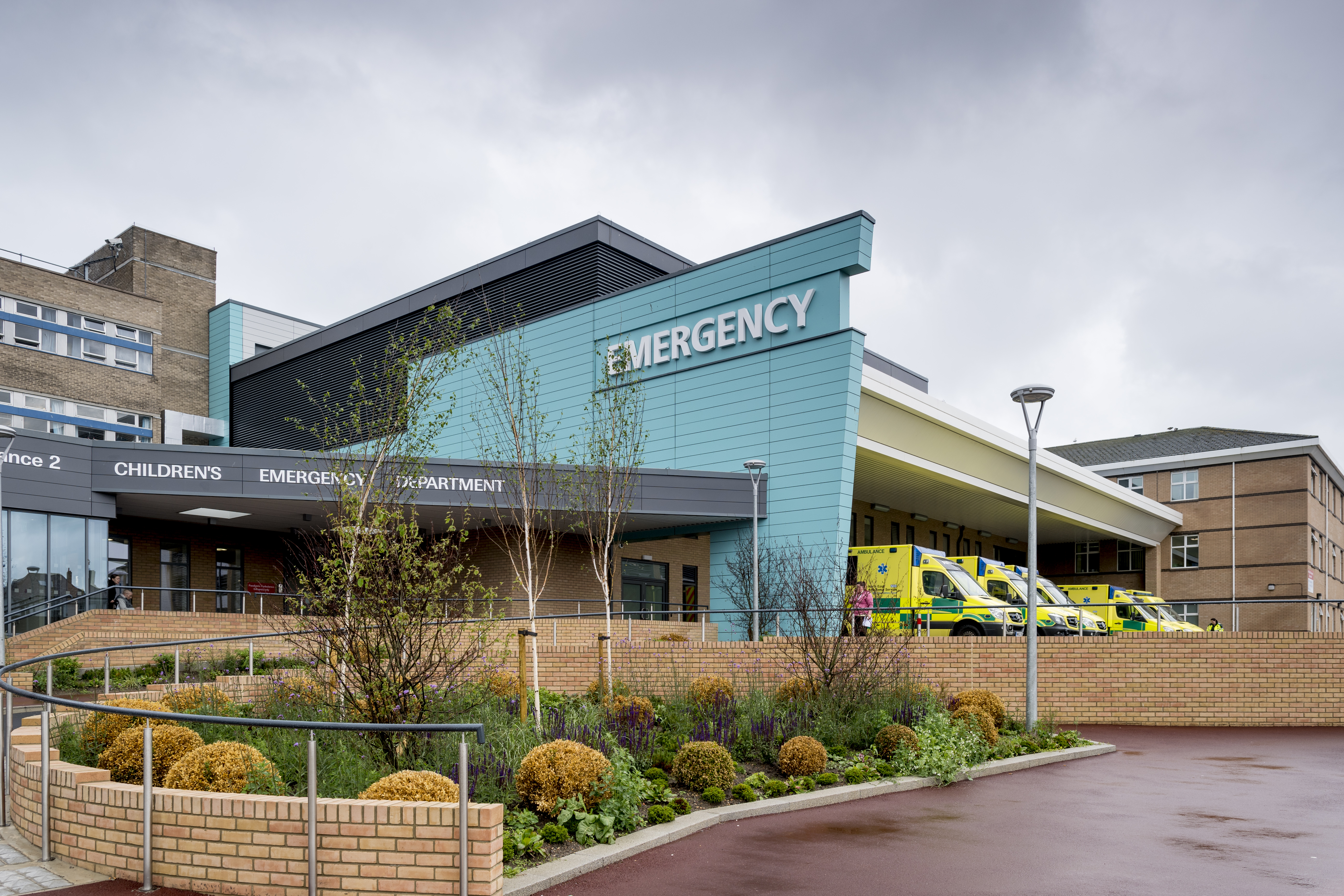Region’s NHS appeals to public to stay away from hospital if you have flu-like symptoms

As flu arrives with a vengeance, the NHS in the North East and North Cumbria is appealing to people with flu-like symptoms to stay away from hospitals in the region.
Some Trusts have also been experiencing severe outbreaks of the winter vomiting bug ‘norovirus’.
Healthcare leaders have today thanked NHS staff across the region who have been working tirelessly to provide safe patient care during what has been one of the busiest Christmas and New Year periods on record with unprecedented levels of demand.
took more than 40,000 NHS111 calls and more than 16,000 999 calls – compared to around 28,000 NHS111 calls and 15,000 999 calls in the same period last year.
As a result of this, combined with pressures felt throughout the rest of the NHS system, NEAS has raised its operational alert to four – extreme pressure – to ensure it is able to maintain an effective and safe operational and clinical response for patients.
The system is continuing to cope well despite the relentless pressures facing frontline staff, however the region’s NHS is now appealing to the public as follows:
- Please stay away from hospital if you have any respiratory or flu-like symptoms. Whilst flu can be unpleasant, if you are otherwise fit and healthy it will usually clear up on its own within a week.
- Please do not visit any loved ones in hospital if you think you may have flu or the winter vomiting bug – both are highly contagious and you risk passing the viruses on to patients who are vulnerable.
- If you start to feel unwell, please seek advice from a high street pharmacist as soon as possible. Many common winter illnesses including coughs, colds, flu and upset tummies will clear up with good self-care, resting, drinking plenty of fluids and taking over the counter medication.
- Only call 999 when someone is in need of time-critical life-saving help.The ambulance service is under severe pressure.
- If you are in an at-risk group for flu there is still time to get your free flu jab so please talk to your GP and book an appointment.
A joint statement on behalf of all NHS providers in the region, said:
This includes some patients needing ventilation and help with their breathing.
“The flu vaccine is the best protection we have against the seasonal flu virus which can cause severe illness and even deaths for those who are most vulnerable.It is really important that everyone who is eligible, including all frontline NHS staff, get the flu jab ASAP to protect themselves and others.
“For everyone else, although flu is a nasty virus it will get better without the need to attend hospital. Flu is highly infectious and we are urging people with symptoms to stay away from hospital to help ease the pressure on our busy teams and stop the virus spreading.”
Meanwhile to help ensure that patients who really need emergency care receive the quickest possible treatment, members of the public should only dial 999 or attend emergency care for serious medical emergencies. Medical emergencies include:
- Chest pain;
- Breathing difficulties;
- Unconsciousness;
- Severe loss of blood;
- Severe burns;
- Choking;
- Fitting;
- Severe allergic reactions
Members of the public should be prepared for long waits in emergency departments across the region if they attend with any minor illnesses or ailments as NHS staff focus on keeping patients safe and treating those with the most urgent medical needs.
People should call NHS 111 first if they think they need urgent medical advice and before attending any NHS services.Detailed information of all available services is also online at www.urgentoremergency.co.uk.
Despite the significant pressures facing the NHS, the region remains one of the top performing areas in England with most NHS providers in the top 20 nationally for making sure patients are seen and treated within four hours of arrival in the emergency department.
ENDS
Media Contacts:
On behalf of all NHS providers in the region: Nichols Elliot Elliot.Nichols@northumbria-healthcare.nhs.uk – 07966 490736
For the North East Ambulance Service: Amy Watkins amy.watkins@neas.nhs.uk - 07972 111278
Flu symptoms come on very quickly and can include:
- a sudden fever – a temperature of 38C or above
- aching body
- feeling tired or exhausted
- dry, chesty cough
- sore throat
- headache
- difficulty sleeping
- loss of appetite
- diarrhoea or tummy pain
- nausea and being sick
The symptoms are similar for children, but they can also get pain in their ear and appear less active.
How to treat flu yourself
To help you get better more quickly:
- rest and sleep
- keep warm
- take paracetamol or ibuprofen to lower your temperature and treat aches and pains
- drink plenty of water to avoid dehydration
People eligible for a free flu vaccine
- anyone aged 65 and over
- pregnant women
- children and adults with an underlying health condition (particularly long-term heart or respiratory disease)
- children and adults with weakened immune systems

